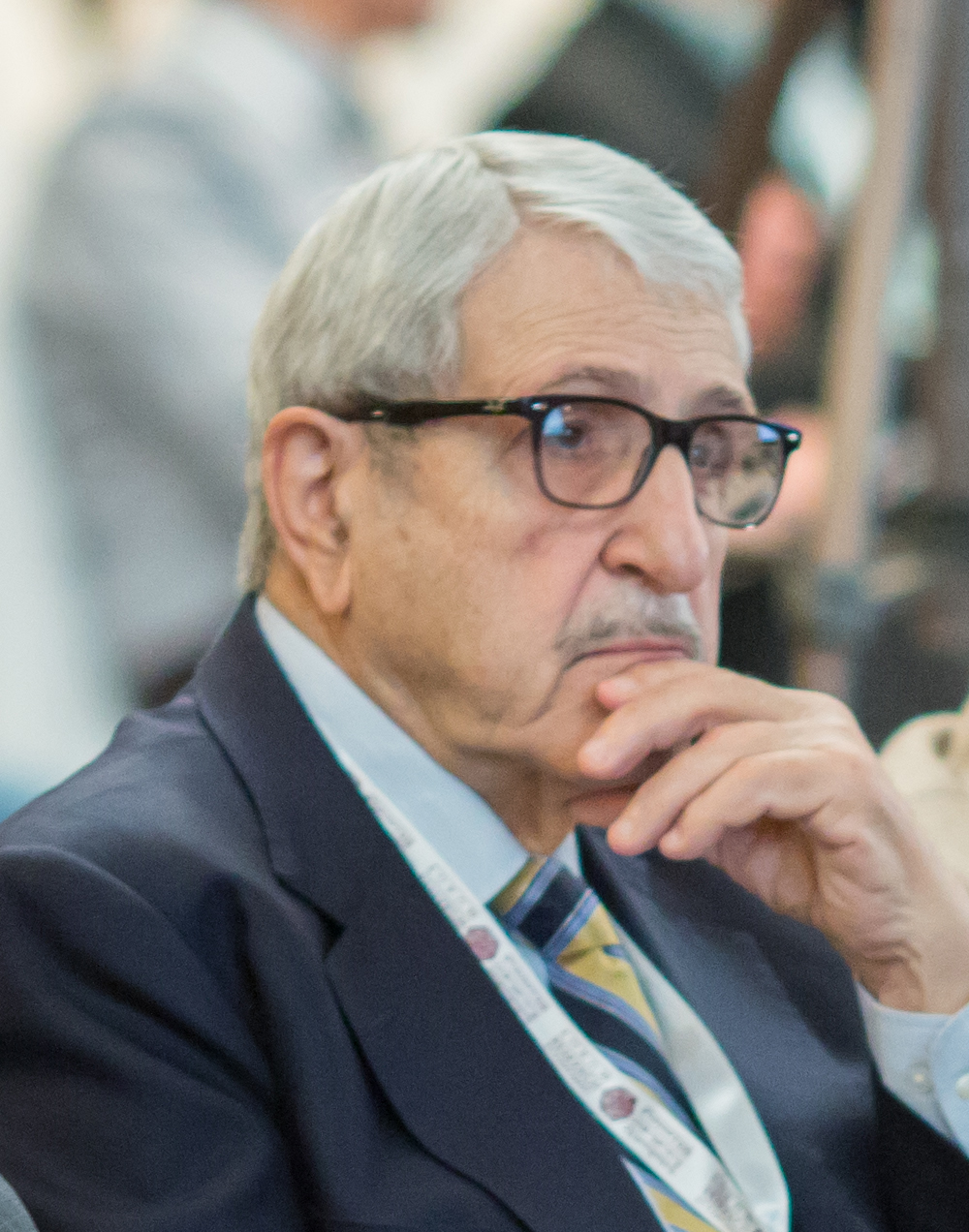In a nutshell
Political greed (abuse of power and corruption on the part of governing authorities and privileged classes) leading to socio-economic grievances (induced by economic and wealth inequality, extreme poverty, high unemployment, etc.) underpin Arab conflicts.
Inclusive power-sharing institutions, which mandate the participation of several parties in decision‐making processes, are key to post-conflict national peace and democratic stability.
The main goal of post-conflict reconstruction should be the elimination altogether of the pre-war institutional fabric of the countries in conflict, effecting a major shift in the developmental ideology and operations of the political system.
The Arab uprisings were a stark reminder that sooner or later a fundamental transformation in the socio-economic and political order of the Arab countries will be in the offing. What course such a transformation will take and what type of new social contract will emerge remains uncertain, as demonstrated by the experiences of the countries where the uprisings took place a decade ago.
The future course of countries in civil conflicts will be defined by the nature of the settlements of their respective conflicts and the conditions thereof. Whatever form these settlements may take, a major premise of a forthcoming ERF book is that in today’s world any transformation leading to lasting national peace in Arab countries will be conditional on laying the foundations for inclusive socio-economic development in the context of a genuinely democratic environment.
Irrespective of the form it takes, a democratic system is taken to imply a political system characterised by equality before the law, basic human rights, guarantees of minority rights, accountability, transparency and multiple parties.
A second premise of the book is that whatever form the new social contract may take, it will require a massive transformation of the institutional fabric of society – that is, the set of key institutions – that helped to create the conditions for an inevitable conflict. We should keep in mind what experience has shown, namely that parliamentary elections, even if free, are not necessarily sufficient to ensure the needed accountability in governance. Institutional reforms should allow for its regular implementation.
The book adopts a two-tier approach whereby it is divided into two parts. Part I comprises three thematic contributions that present a general framework describing the overall socio-economic agenda for the Arab countries recovering from civil conflicts and domestic violence, complemented by two specific dimensions of the conflict question relevant to the Arab region:
· The effects of horizontal inequality (associated with the grievances-based approach) and its conditionality on oil resources and government spending (associated with the greed-based approach).
· The relationship between power‐sharing institutions and post‐conflict trajectories in countries that have experienced civil war and their quest to achieve a new, more stable social contract.
Part II of the book is devoted to case studies of four countries in conflict (Libya, Syria, Yemen and Iraq) with special emphasis on Syria where civil war has wrought comparatively the largest magnitude of human havoc and material destruction, and invited a multitude of direct foreign military involvements as well as armed intervention by fundamentalist groups that attempted and succeeded for a while in establishing their own state in the north eastern part of the country.
Accounting for the analyses of Part I, the case studies explore the causes of the respective conflicts, trace subsequent politico-economic developments, identify major questions and issues faced in the post-conflict phase and identify the major areas of reform that need to be implemented to achieve the objectives of economic reconstruction and national peace.
In common, misconceived attempts at reform through neoliberal policies that were not accompanied by political reform and proper governance structures aggravated actual as well as perceived inequality and reinforced political unrest that eventually led to the 2011 uprising.
The studies argue that for a country to achieve lasting peace and inclusive development in the post-conflict transition, a new social contract that embodies genuine power-sharing is needed though its nature and degree of optimality remain to be determined in light of how the civil conflict is going to be finally settled.
Looking beyond the eventual settlement of their current conflicts, the book endeavours to identify the conditions that would govern their post-conflict path to sustained national peace and development. The thematic chapters provide three pivotal overall insights.
The first is that political greed (for example, abuse of power and corruption on the part of the governing authorities and privileged classes) leading to socio-economic grievances (induced by economic and wealth inequality, extreme poverty, high unemployment, etc.) underlay the Arab conflicts whereby they created the conditions for state failures.
Hence the second insight at the political level that inclusive power-sharing institutions (which mandate the participation of several parties in decision‐making processes) are key to post-conflict national peace and democratic stability.
And the third that focuses on the main goal of post-conflict reconstruction as being the elimination altogether of the pre-war institutional fabric of the countries in conflict, effecting a major shift in the developmental ideology and operations of the political system.
Two major objectives of this shift would be to achieve wider economic inclusion and lesser inequality, as well as generating increasing employment opportunities; and, equally important, to align economic reforms and policies with the establishment of an implicit or explicit new social contract that would reflect the attributes of democratic governance.
In line with the thematic studies and looking beyond the eventual settlement of any continuing conflict, the case studies assert that if national peace and equitable development are to be sustained, the old (pre-conflict) social contract, based on autocratic rule, heavy government intervention, weak institutions, massive public employment and unsustainable transfers to the population would no longer be a viable option.
Instead, a new social contract would have to be put in place; one that would reflect socio-economic inclusivity, institutional reform and democratic political governance that ensure equitable power-sharing and accountability; otherwise, the seeds for renewed conflicts would remain.
In consequence, the direct role of the state in the national economy would diminish though its specific transformation could differ from one country to another depending in part on the relative importance of natural resources such as oil in the economy. In contrast, the regulatory functions of the state are expected to be developed further to assure the proper functioning of the emerging post-conflict state and economy.
In parallel, the case studies identify major economic reforms to be implemented as an integral part of the post-conflict development phase. Each country has its own specific concerns in this regard – for example, a more efficient management of oil resources and a more vibrant private sector in Iraq and Libya; a more equitable regional distribution of development expenditure in Syria; and a more efficient enforcement of property rights in Yemen, especially after its expected reunification.
At the same time, these countries face common post-conflict economic challenges at the structural, economic and institutional levels. They include, among others, the issue of economic diversification, control of inflation, raising employment levels, husbanding fiscal expenditures, controlling corruption, and the implementation of transparent policies.
Some of the case studies point out that reaching these goals may not be feasible in the period immediately following the settlement of the conflicts. Rather, a more gradual route might have to be traversed, starting with political arrangements that initially may not be fully democratic but with sustained development would evolve into genuine democratic institutions, as in the case of South Korea and other countries.
Failure to carry out major economic reforms, it should be stressed, could lead to the disruption of the desired or intended political change towards genuine democratic governance and, at worst, a return to various forms of open or disguised autocratic rule.
This column summarises Aftershock of the Arab Uprisings: Reconstruction, National Peace and Democratic Change, a forthcoming book edited by Samir Makdisi and Raimundo Soto with the participation of C. Bodea, C. Houle, N. Sambanis, N. Kabbani, A. Boustati; S. Abosedra, A. Fakih, N. Haimoun, M. Alsamara, Z. Mrabet, A. Shikh Ebid, B. Yousif, R. Morrar, O. El-Joumayle, M Al Iriani, H. Hassan, I. Martinez, A. Hamada, M. Sokmen and C. Zaki.



